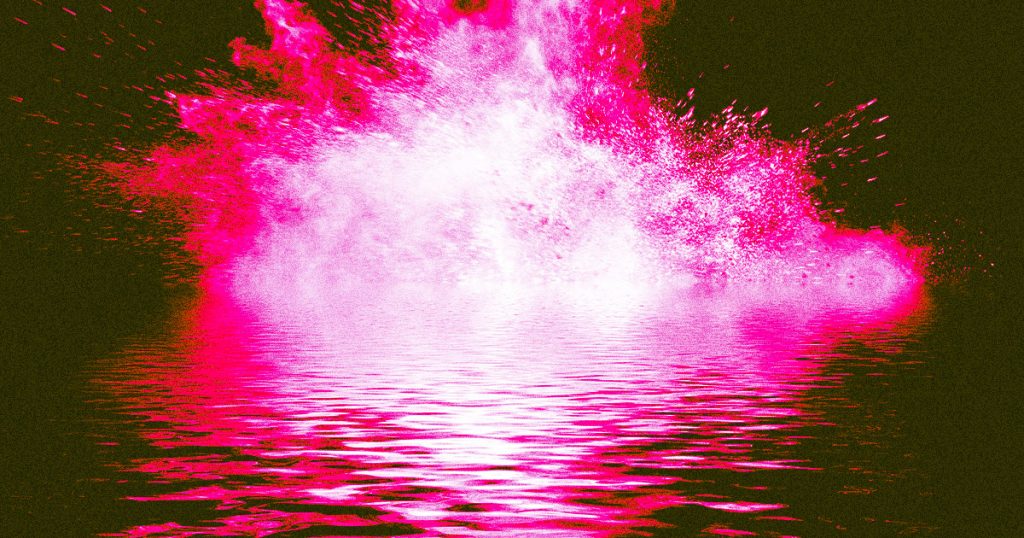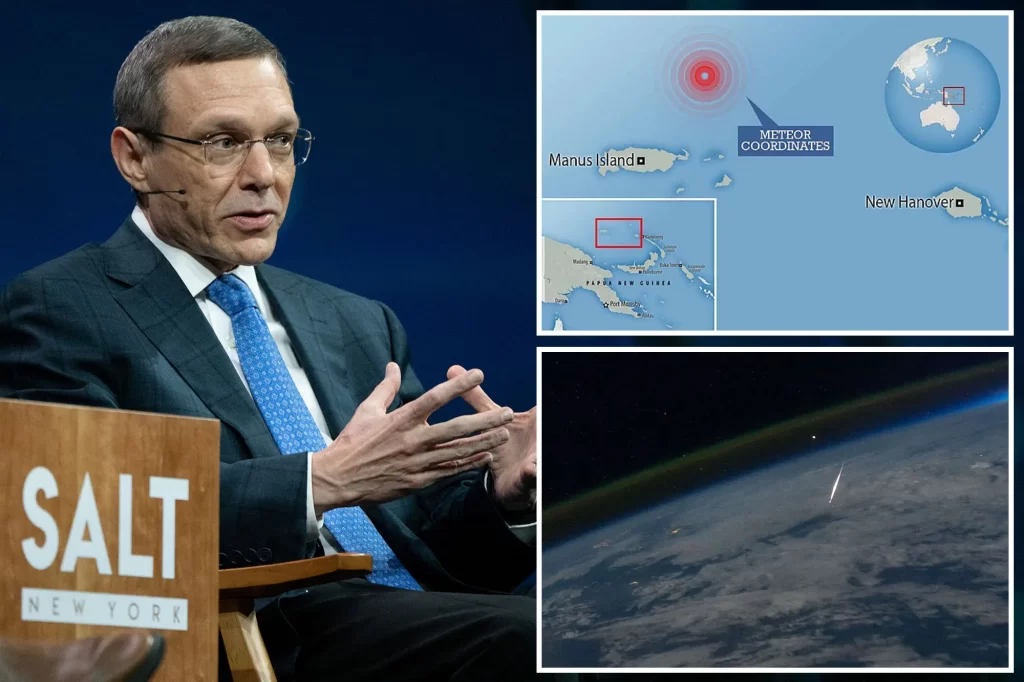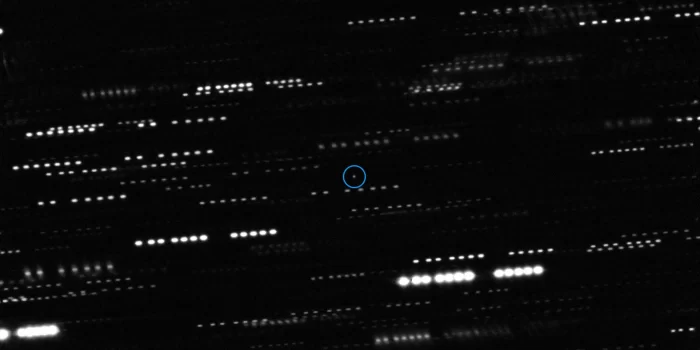Harvard physicist Avi Loeb has made headlines once again, this time for his latest endeavor to recover a possible alien artifact at the bottom of the Pacific Ocean. Loeb, who gained widespread attention for his hypothesis that the mysterious object Oumuamua was an alien spacecraft, has now turned his sights to a meteorite designated CNEOS1 2014-01-08.

The meteorite is thought to be one of the few interstellar objects observed in our solar system, and Loeb believes that it could be the best candidate for one that has crashed to Earth. However, it won’t be an easy task to recover it. An analysis by Loeb and his team has suggested that the meteor is harder and tougher than all of the nearly 300 meteors in NASA’s Center for Near Earth Object Studies catalog.
Despite the challenges, Loeb and his team are undeterred. In a Medium post, he announced that they have a boat, a dream team of experienced professionals, and complete design and manufacturing plans for the required equipment. This includes a sled, magnets, collection nets, and a mass spectrometer.
Loeb has faced skepticism and criticism for his beliefs about Oumuamua and the potential for alien life in the universe. However, he remains committed to the scientific pursuit of discovering the truth. In a recent interview with CNN, he stated, “We should not be afraid to put ideas out there, even if they sound crazy. Science should be based on evidence and not on prejudice.”

The Galileo Project expedition is estimated to cost $1.5 million, and Loeb and his team are hoping to launch it this summer. While the chances of finding conclusive evidence of extraterrestrial life are uncertain, Loeb’s dedication to exploring the possibilities is admirable. The pursuit of scientific discovery requires risk-taking and a willingness to challenge established ideas, and Loeb’s expedition embodies these principles.
In the end, whether or not the Galileo Project succeeds in recovering the meteorite, the effort represents a critical step forward in the scientific community’s quest for knowledge and understanding of the universe. As Loeb said in his Medium post, “Science is an adventure, and the Galileo Project is a prime example of that adventure.”


